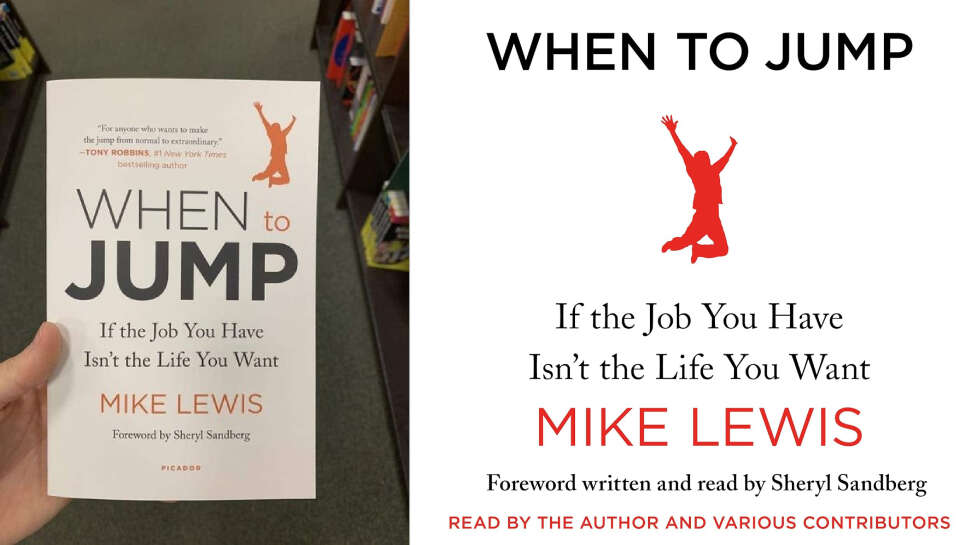7 Key Lessons from "When to Jump" by Mike Lewis for Career and Life Changes

Before you make a big change in your life or job, read When to Jump by Mike Lewis. It has seven lessons that will help you. They are too hard to understand, so let's break them down in a safer way.
1. Figure Out Your "Jump" Moment: One of the main ideas in the book is how to figure out when to take a risk. You might not always be able to tell, but you'll know when something in your life isn't quite right. You might feel like you're stuck, uninspired, or not living the life you want. If you think about going down a different road or are eager to try something new, it might be time to jump. You should follow your gut and take the first step when you think it's time, as the book says.
2. Do some research and get ready. Making a jump doesn't mean jumping in without giving it much thought. Lewis says that doing your homework is very important. You should learn as much as you can about a new area if you want to change jobs or start a new project. Find out as much as you can about the field by talking to people who work in it and reading about it. Getting ready for your new path will make it easier for you to start that path.
3. Accept Your Fear: When you take a chance, everyone feels fear. Lewis says you shouldn't let fear stop you, though. Think of fear as a normal part of the process instead of something that gets in the way. It's good to feel scared because it means you're pushing yourself. Fear is just a feeling. Realising this and not letting it rule you can give you the drive to keep going and face problems head-on.
4. Set up a support system. It can be easier to jump into the dark when you have a strong network of people who can help you. Having friends, family, or teachers who believe in you and push you to do your best is important. Being able to get advice, feel better about yourself, or just have someone there to listen when things get tough is good. Having a good support system can help the change feel less scary and easier to handle.
5. Start Small: It can be scary to make big changes all at once. Lewis says that the best way to start is often to start small. You don't have to quit your job and start something new right away. Instead, try taking smaller steps. To begin, you could work on your new idea as a side project or look for a way to spend your free time learning more about your new interest. You can feel more confident and make sure you're going in the right way before going all in by taking these smaller steps.
6. Being open to new opportunities is important because making big changes isn't always easy. Lewis says that people should be willing to take advantage of new chances that come up along the way. There are times when the road you thought you were going to take can change for the better. You could find new opportunities that you hadn't even thought of. If you are open to these possibilities and ready to be flexible, you may find yourself in new and often rewarding situations.
7. Failure is a normal part of any journey, and you can learn from it. Don't give up when things go wrong. Lewis says that you should use the times when things don't go as planned to learn and grow. Don't give up when you fail; instead, see it as a chance to get better. You can change how you do things and keep going with a better understanding of what works and what doesn't by thinking about what went wrong.
If you want to make a big change in your life or job, these lessons from When to Jump are very helpful. The book tells us that going into the unknown can be scary, but it's also a great chance to grow. You can feel confident about taking the leap if you plan ahead, keep an open mind, and learn from your mistakes.

--
Thanks for reading..
